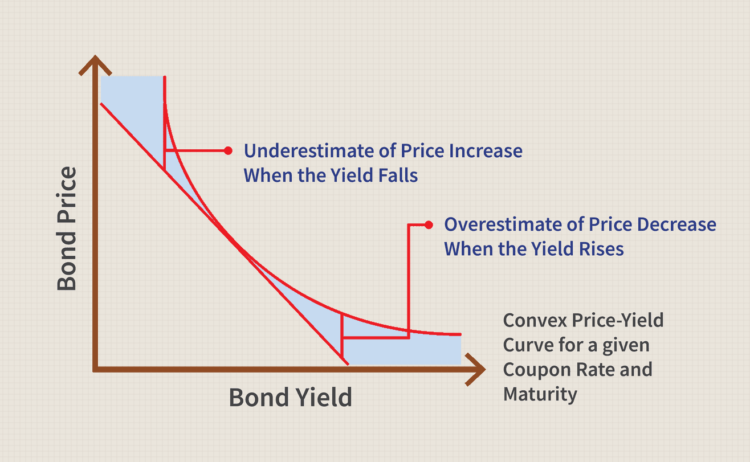Money market is a segment of the financial market where the securities are traded for shorter term and the risk associated with the money market is comparatively lower than the capital market. On the other hand, capital market is that section of the financial, market where the securities are traded for longer term and the risk is higher than the money market. The securities, which yield interest, are referred as the interest bearing securities. There are two types of interest bearing securities. One is fixed interest-bearing securities and the other is variable interest securities. The key interest rate in the capital market includes interest on public corporation bonds, government bonds, and rates on deposit of long-term debentures.… Read the rest
Investment Management
Learn about Securities Investments – Buying and Selling
Deciding on the proper time to purchase a security that you would like to add to your holdings can be a daunting task. If the price drops immediately after you buy, it may seem as if you missed out on a better buying opportunity. If the price jumps right before you make your move, you may feel as if you paid too much. As it turns out, you should not let these small fluctuations influence your decision too much. As long as the fundamentals that led you to decide on the purchase have not changed, a few points in either direction should not have a large impact on the long-term value of your investment.… Read the rest
Differences Between Term and Permanent Life Insurance
Life insurance is an essential financial product with the life of the insured being the subject of protection. There are two types of life insurance: term and permanent. Term life insurance begins a low premium that increases upon renewal and pays a death benefit to the beneficiaries only if the insured dies within the policy term. On the other hand, permanent life insurance has a fixed premium and is designed to offer coverage for the insured’ s entire life. Both the insurance company will pay a death benefit to the designated beneficiary after the death of an insured. Although term and permanent life insurance behave as protections to ensure the beneficiary’s benefit, they have different features: convertibility, cost, and cash surrender value.… Read the rest
Difference Between Defined Benefit and Defined Contribution Pension Schemes
Pension is a fund that is built during the working life of the employee and then used to secure the income after retirement. These funds can be operated by employer (occupational pension) who invests over time or alternatively employee can invest in a fund of their choice (private pension scheme). Both of these schemes generate income after retirement.
Pension schemes are of two major types:
- Defined Benefit Scheme
- Defined Contribution Scheme
Defined benefit scheme is a type of pension scheme which ensures a particular level of income/benefit after retirement. Most of the cost of the benefit and risk of the investment is borne by the employer however in the contributory define benefit scheme employees also make compulsory contributions.… Read the rest
Understanding the Insurance Underwriting Process
In order for the insurance companies to make profit and charge the appropriate rate for an insured, they undergo the underwriting process. In simpler words, insurance underwriting is a process of risk classification. The purpose of insurance underwriting is to spread risk among a pool of insured in a way that is both profitable for the insurer and fair to the customer. Insurance companies need to make a profit like many other businesses. Therefore, it doesn’t make sense if they sell insurance for everyone who applies for it. They may not want to charge an excessive high rate to the customer and also it is not good for them to charge the same premium to every policyholder.… Read the rest
Risks Associated with Derivatives
Although derivatives are legitimate and valuable tools for hedging risks, like all financial instruments they create risks that must be managed. Warren Buffett, one of the world’s most wise investors, states that “derivatives are financial weapons of mass destruction, carrying dangers that, while now latent, are potentially lethal.”
On one hand derivatives neutralize risks while on the other hand they create risks. In fact there are certain risks inherent in derivatives. Derivatives can be dangerous if not managed properly. Numerous financial disasters such as Enron can be related to the mismanagement of derivatives. In the 1990s, Procter & Gamble lost $157 million in a currency speculation involving dollars and German Marks, Gibson Greetings lost $20 million and Long-Term Capital Management, a hedge fund, lost $4 billion with currency and interest-rate derivatives.… Read the rest
